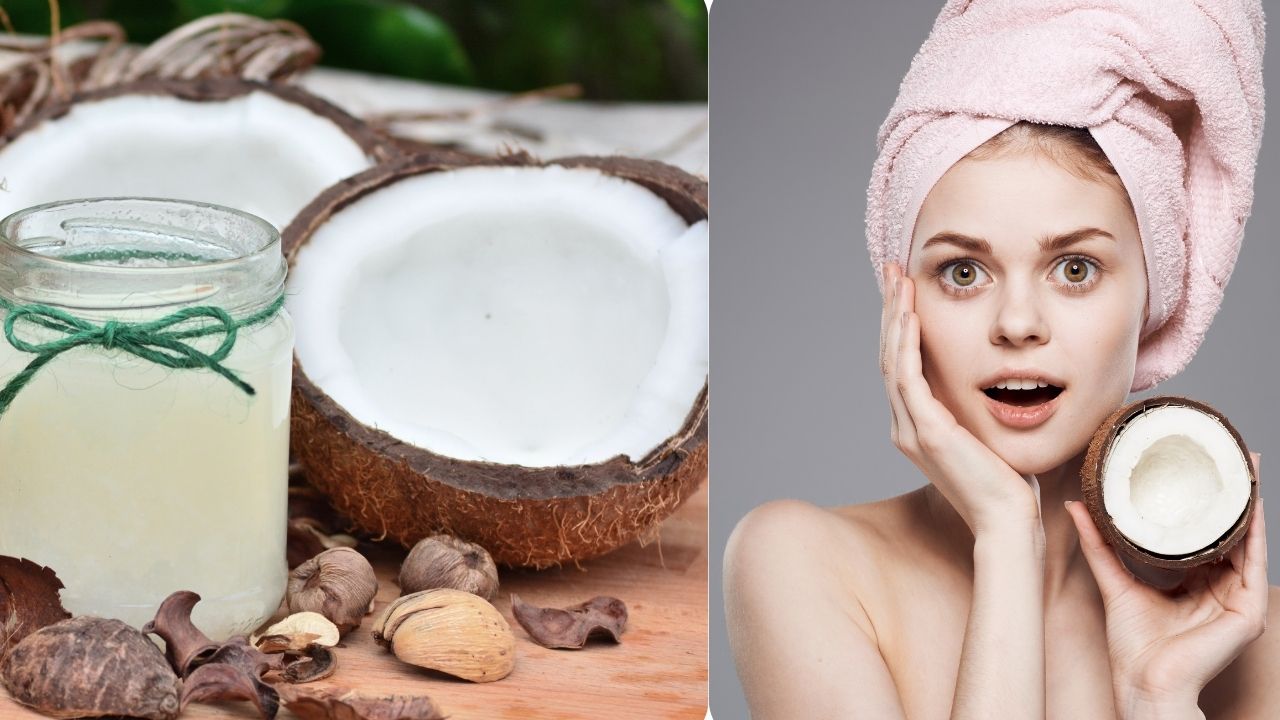Dandruff: Symptoms, Causes, Diagnosis, Treatment, and Prevention
Dandruff is a common scalp condition that affects millions of people worldwide. It can be embarrassing and uncomfortable, but with the right information, it’s manageable. In this comprehensive guide, we will explore the various aspects of dandruff, including its symptoms, causes, diagnosis, treatment options, and preventive measures. Our aim is to provide you with a thorough understanding of this condition and empower you to effectively address it.
Symptoms of Dandruff : Dandruff is characterized by the following common symptoms:
- Flaky Scalp: The most noticeable sign of dandruff is the presence of white or yellowish flakes on the scalp and sometimes on clothing.
- Itching: An itchy scalp often accompanies dandruff, leading to discomfort and irritation.
- Dryness: The affected scalp may become dry and rough.
- Redness: In some cases, dandruff can cause mild redness on the scalp.
- Oily Scalp: Seborrheic dermatitis, a type of dandruff, can lead to an oily or greasy scalp.
Keywords: Dandruff symptoms, flaky scalp, itching, dryness, redness, oily scalp.
Causes of Dandruff: Understanding the causes of dandruff is essential for effective management. Dandruff can be triggered by several factors, including:
- Malassezia: This yeast-like fungus is naturally present on the scalp and can overgrow, leading to dandruff.
- Dry Skin: Individuals with dry skin are more prone to dandruff.
- Seborrheic Dermatitis: A common condition, seborrheic dermatitis, is associated with dandruff and involves inflammation of the scalp.
- Not Cleaning Hair Regularly: Poor scalp hygiene can contribute to dandruff.
- Hair Products: Certain hair care products may exacerbate dandruff, especially if they contain harsh chemicals.
- Diet and Stress: Dietary factors and stress can influence dandruff in some individuals.
Diagnosis of Dandruff: Diagnosing dandruff is typically straightforward and often based on visual examination and symptoms. A dermatologist or healthcare provider can easily determine if dandruff is the issue. In some cases, they may recommend additional tests to rule out other scalp conditions or infections.
Keywords: Dandruff diagnosis, dermatologist, healthcare provider, scalp conditions, infections.
- Treatment Options: Several treatment options are available to manage dandruff effectively:
- Over-the-Counter (OTC) Shampoos: Medicated shampoos containing ingredients like selenium sulfide, salicylic acid, ketoconazole, or zinc pyrithione can help control dandruff.
- Prescription Medications: In severe cases, a healthcare provider may prescribe stronger topical or oral medications.
- Natural Remedies: Some people find relief using natural remedies such as tea tree oil, coconut oil, or aloe Vera.
- Good Scalp Hygiene: Regularly washing your hair with a mild, dandruff-fighting shampoo and gentle brushing can help manage dandruff.
- Lifestyle Changes: Reducing stress, maintaining a healthy diet, and staying hydrated can contribute to a healthier scalp.
Keywords: Dandruff treatment, OTC shampoos, prescription medications, natural remedies, scalp hygiene, lifestyle changes.
Prevention of Dandruff: Preventing dandruff involves adopting good scalp care practices and making some lifestyle adjustments. Here are some preventive measures:
- Regular Shampooing: Wash your hair regularly with a mild, dandruff-fighting shampoo.
- Balanced Diet: A diet rich in vitamins and minerals can promote scalp health.
- Stress Management: Practice stress-reduction techniques such as yoga or meditation.
- Avoid Harsh Hair Products: Choose hair care products that are gentle on your scalp.
- Hydration: Drink enough water to keep your scalp and skin hydrated.
Keywords: Dandruff prevention, regular shampooing, balanced diet, stress management, hair products, hydration.
Read More: 12 Best Winter Skincare Tips For Men
Conclusion: Dandruff is a common and manageable scalp condition that affects people of all ages. By understanding its symptoms, causes, and treatment options, you can take steps to alleviate discomfort and embarrassment. Remember that it’s essential to consult with a healthcare professional for a personalized treatment plan if your dandruff is severe or persistent. By adopting good scalp hygiene practices and making simple lifestyle adjustments, you can effectively control dandruff and maintain a healthy, flake-free scalp.
Keywords: Dandruff conclusion, scalp condition, treatment options, scalp hygiene, healthy scalp.















